Featured Projects

Maine’s Maternity Care Crisis
Nine hospitals in Maine have closed or announced plans to close their birthing units in the past decade. Roughly half of Maine’s 36 hospitals do not offer birthing services. The closures span the state but have hit rural areas particularly hard.
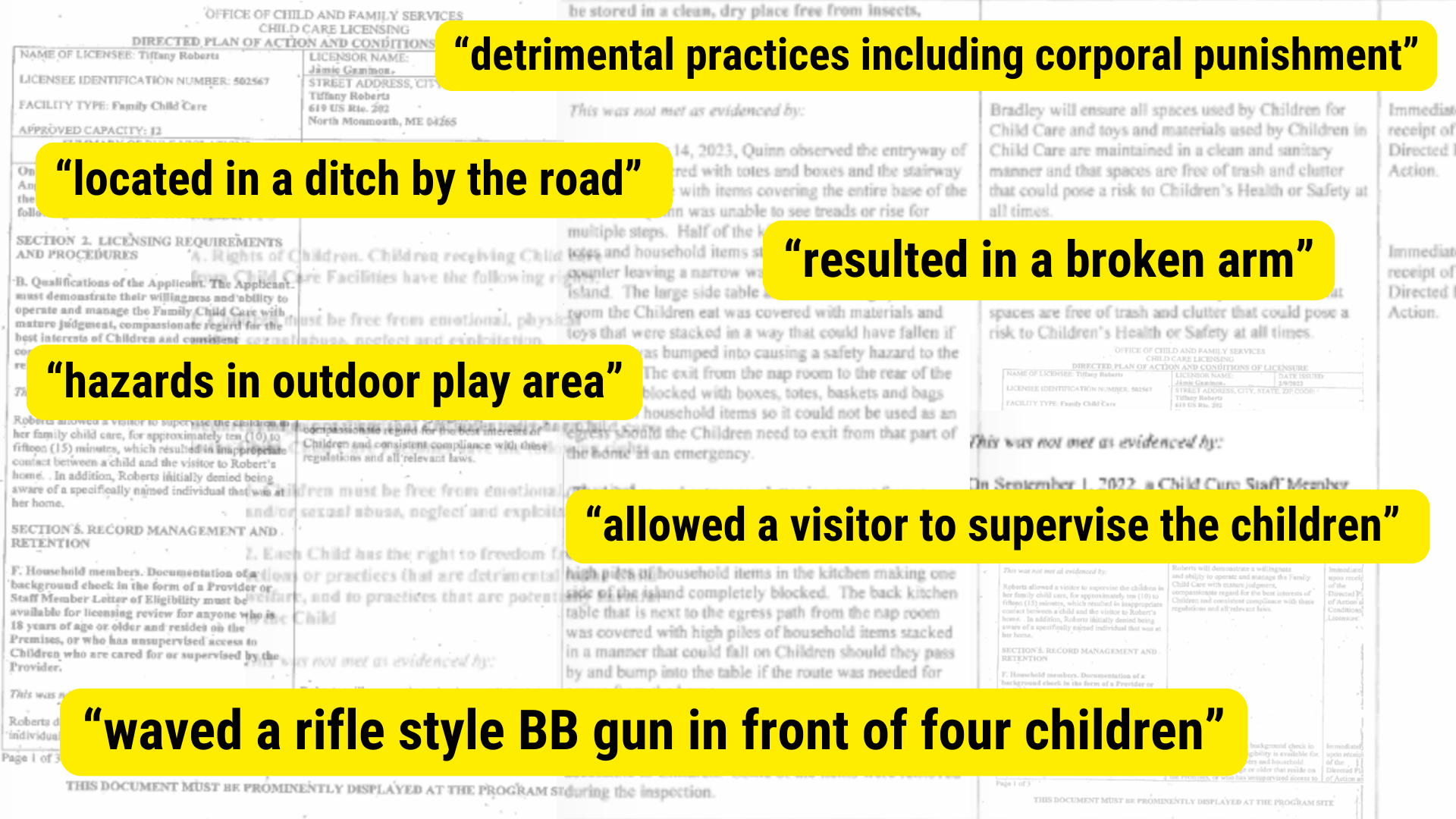
Child Care Challenges
Maine, like much of the nation, is facing a child care crisis, with the number of providers declining dramatically in recent years. But those aren’t the only child care challenges in Maine.
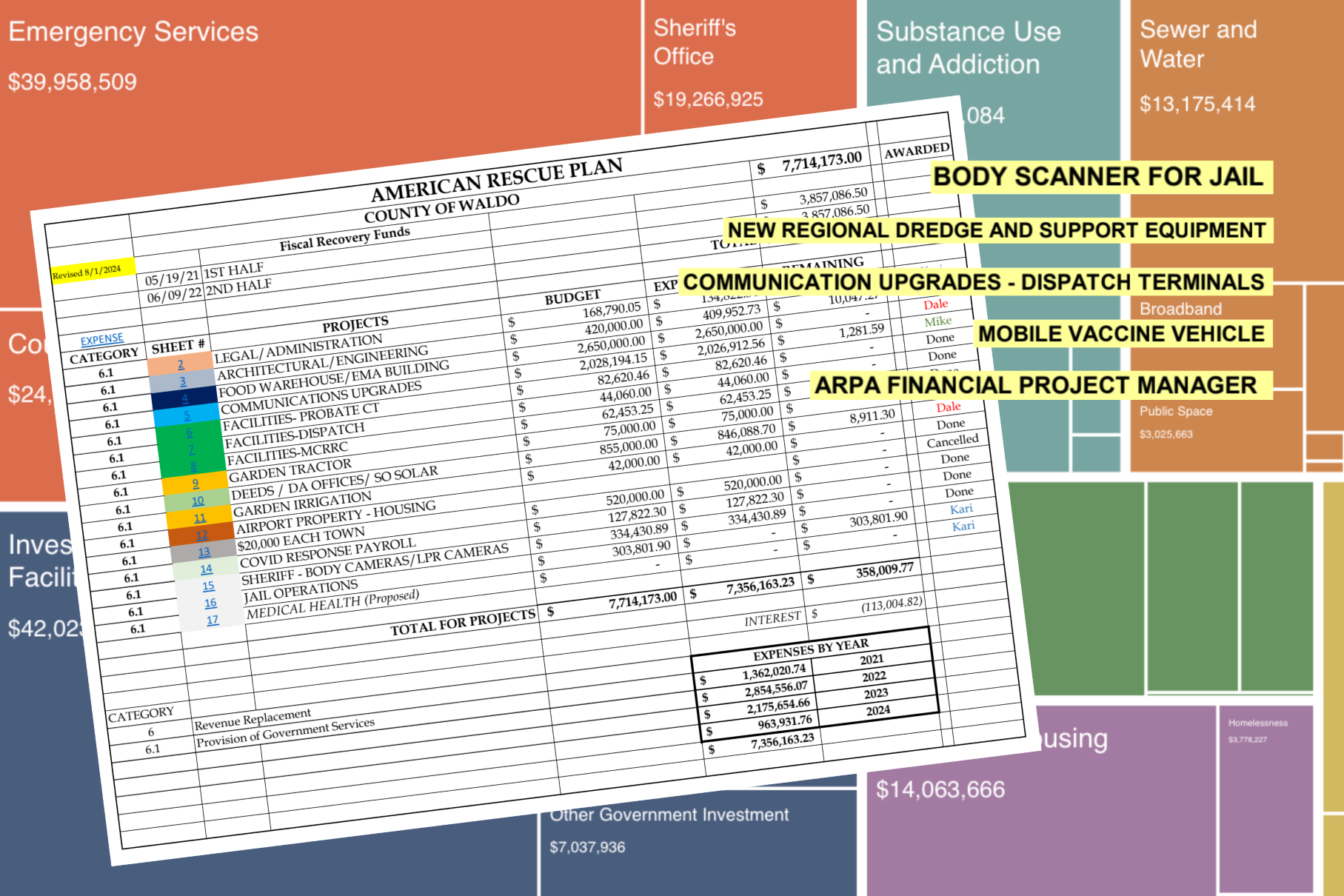
Tracking ARPA
Dig into Maine counties’ stimulus spending through our project tracking $261 million provided to Maine counties through the American Rescue Plan Act (ARPA).
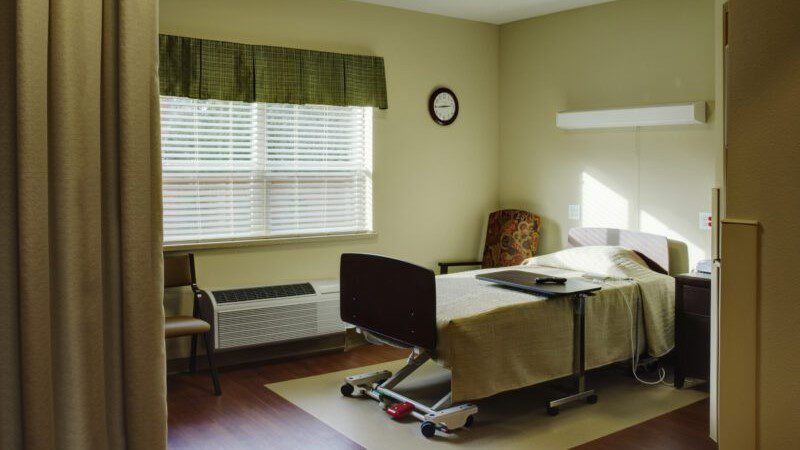
Long-Term Challenge
An influx of aging Mainers are ending up in “nonmedical” residential care facilities not equipped to handle higher medical needs. The facilities are held to lower staffing and nursing standards and lack proper oversight.
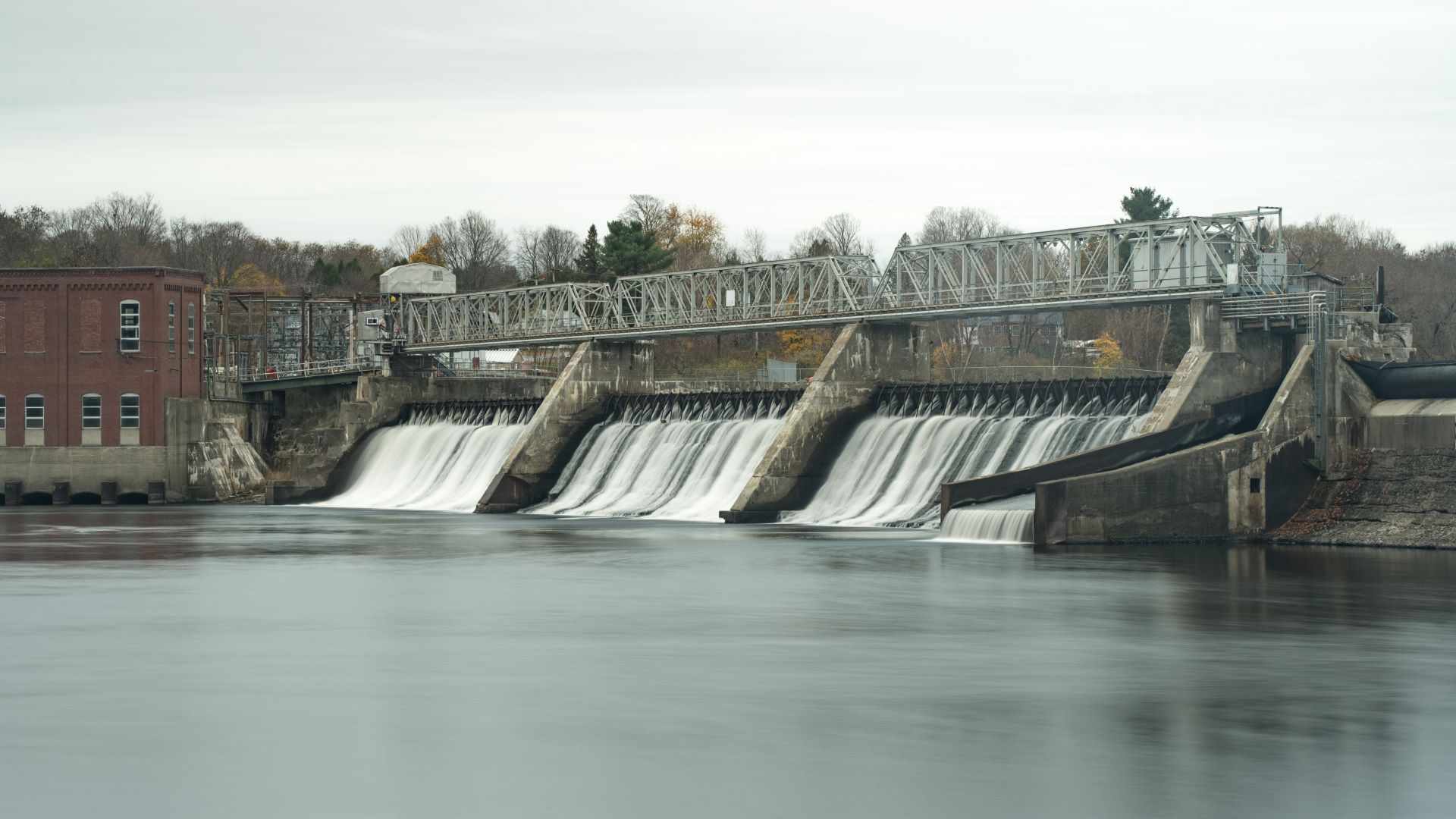
Divided on Dams
A series exploring the future of Maine’s deteriorating dams as they face growing threats from climate change and fall out of favor for public investment.
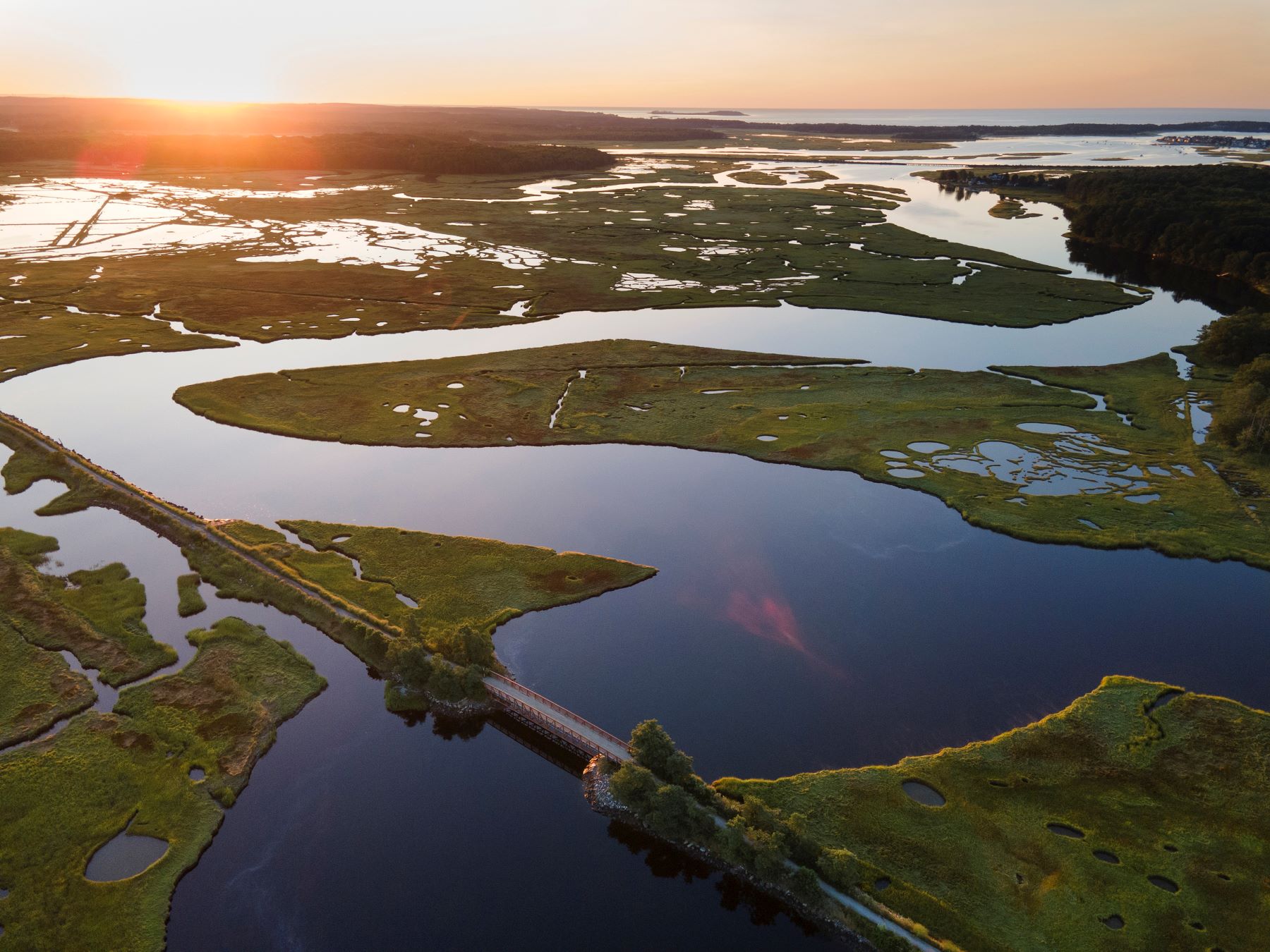
Sinking in Saltwater
Between 28 and 57 percent of Maine’s coastal marshes could disappear by the end of the century, victims of a rising sea, coastal development and polluted runoff.
More Projects
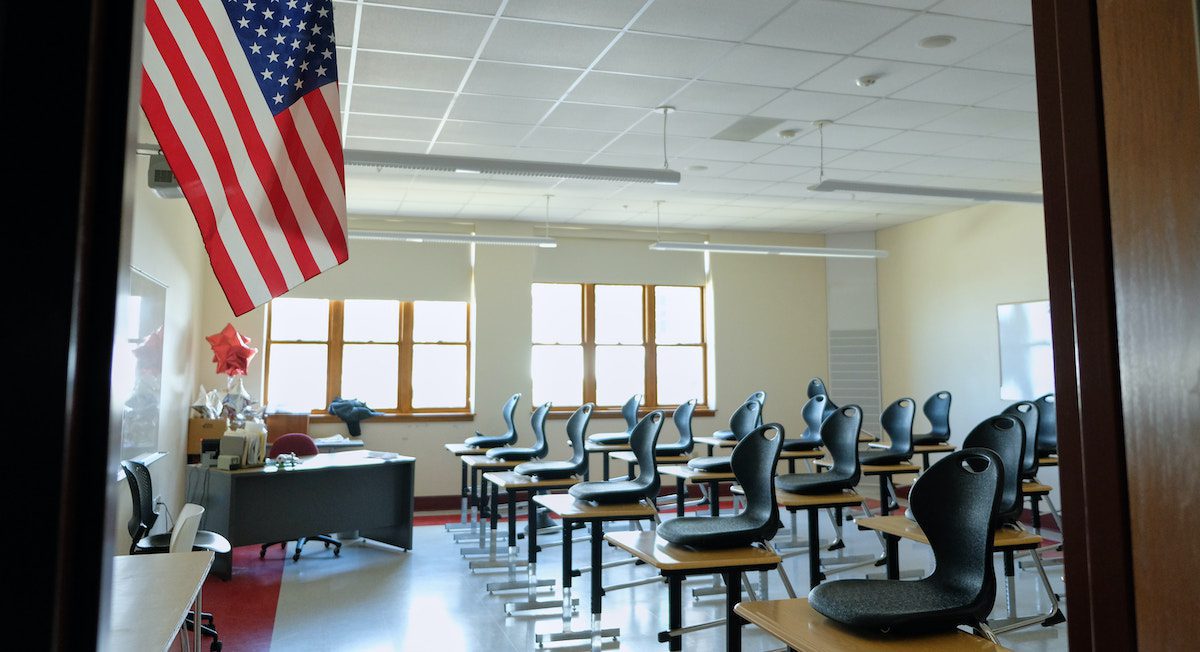
2020: A Class Dismissed
Born in the weeks and months after 9/11, and graduated in the year of a crippling pandemic, the Class of 2020 lived through some of the most profound change ever witnessed. These young adults missed out on cornerstone experiences that ease the transition from being a child to being an adult. We captured the stories of a class prematurely dismissed.

Blind Trust
Maine PowerOptions, a quasi-state program bringing together municipalities, school districts and state nonprofits to purchase electricity in bulk, lacks transparency and effective oversight, an investigation found. Our series raised questions about the group’s transparency, oversight and member benefits.
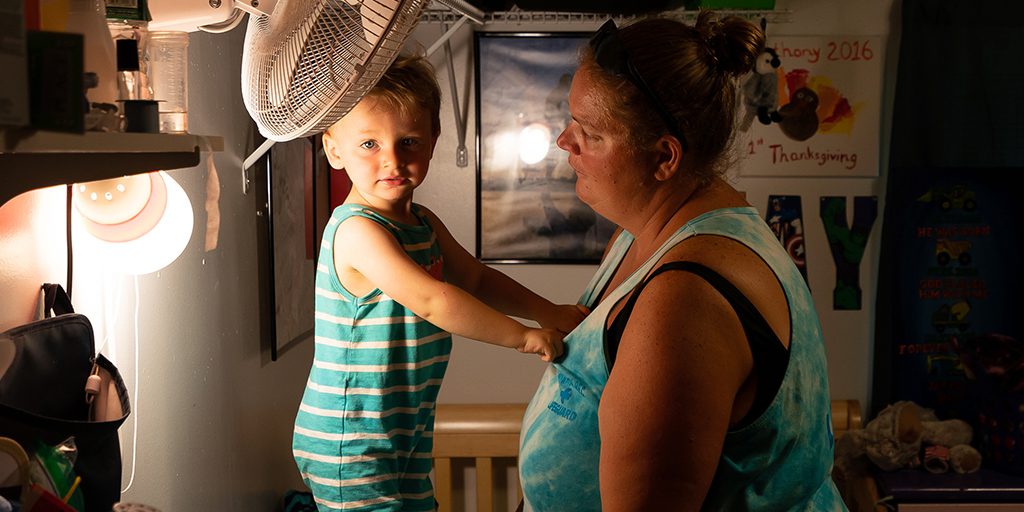
Born to Drugs
Nearly 5,000 babies were born affected by drugs in Maine between 2013-2017. Nearly three drug-affected babies were born in Maine each day during that period, severely taxing hospitals, the foster care system and other resources. These innocent victims are caught in a crisis marked by suffering.
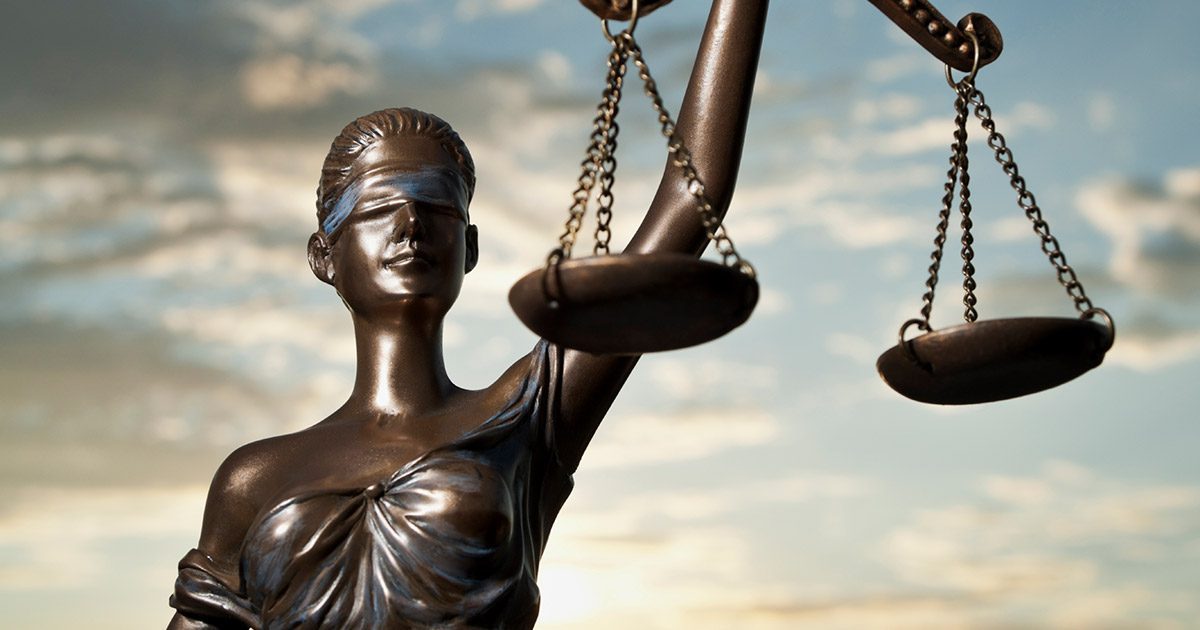
Broken Bail
The bail commissioner is an obscure but essential part of Maine’s criminal justice system, and critics say it is in need of serious updating. An investigation uncovered repeated shortcomings despite attempts to overhaul the system.
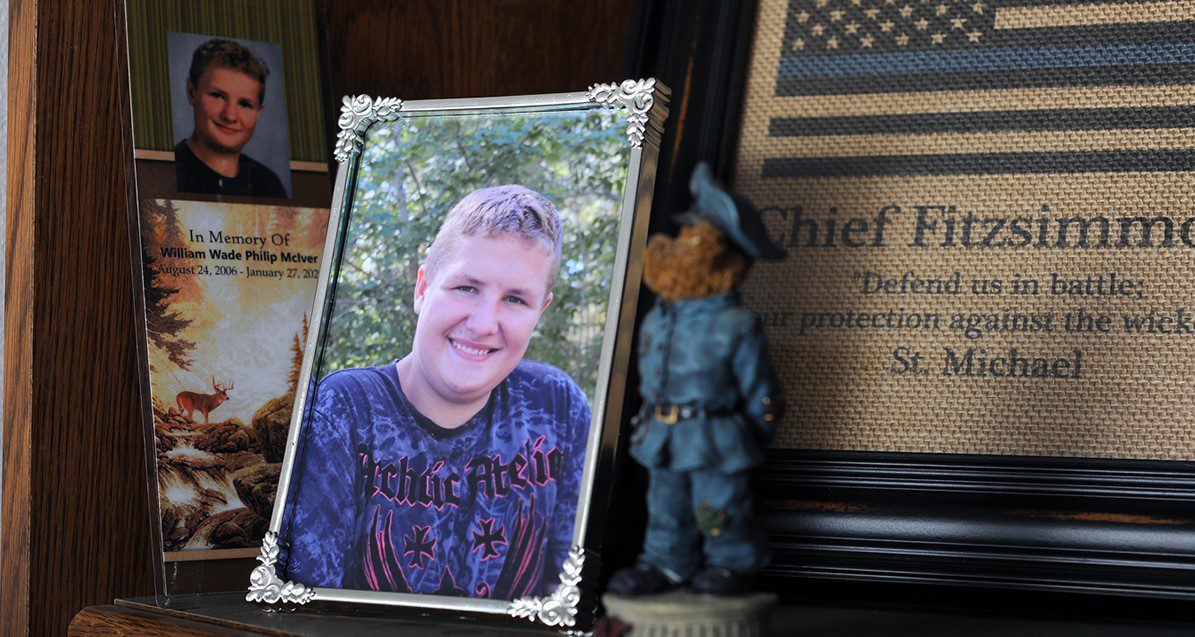
Deaths of Despair
In a remote corner of Maine that locals call ‘The Forgotten County,’ the pandemic triggered isolation, economic struggles and a surge in suicides and overdoses. Hindered by a lack of mental health resources, communities and schools in Washington County banded together to find help for those with anxiety, depression and despair.
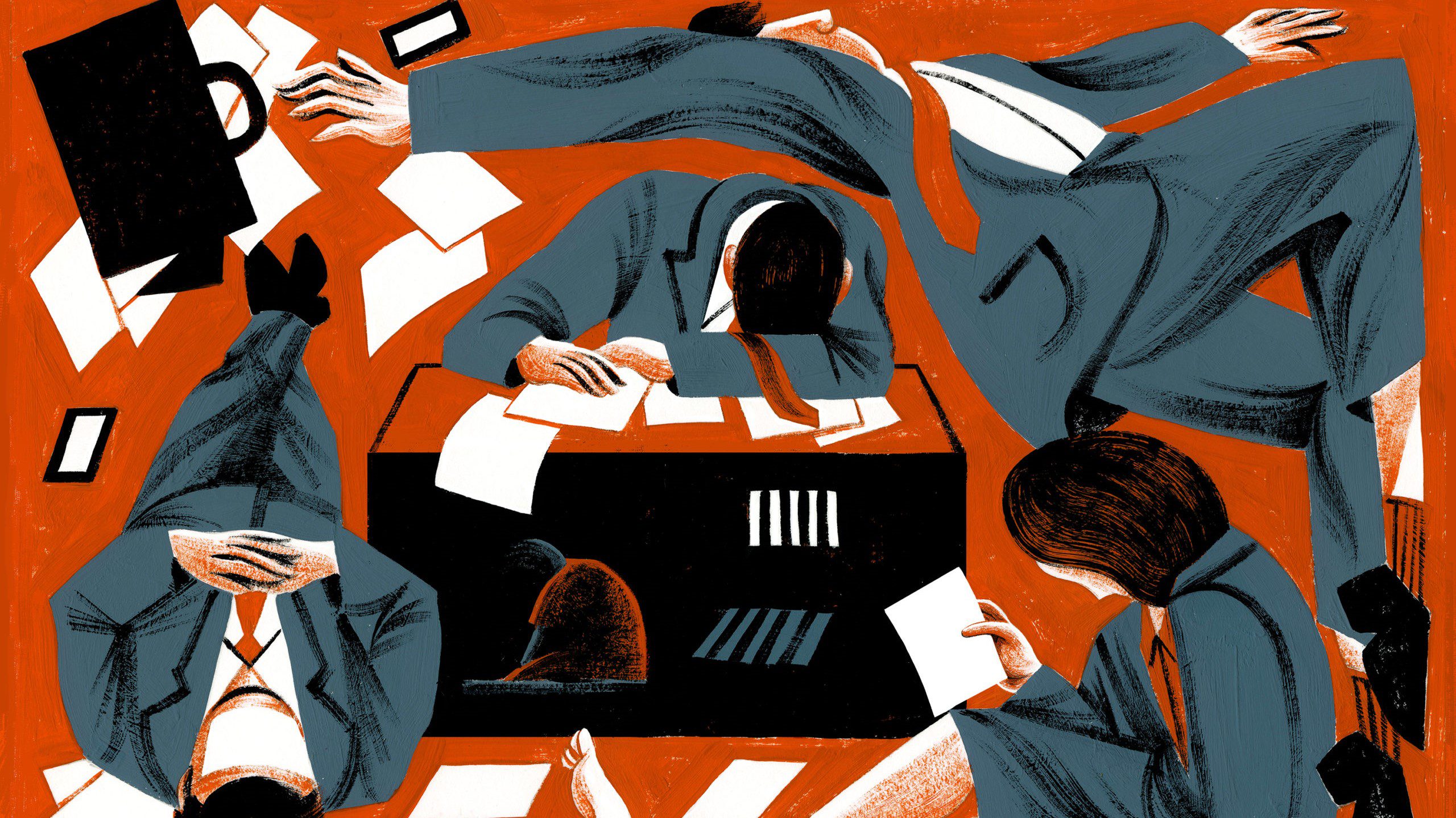
Defenseless
More than a quarter of Maine attorneys disciplined in the past decade for serious professional misconduct were hired as lawyers for the poor, an investigation by The Maine Monitor and ProPublica found. Sex crimes and felony convictions were among the most severe infractions overlooked. Defendants paid the price.
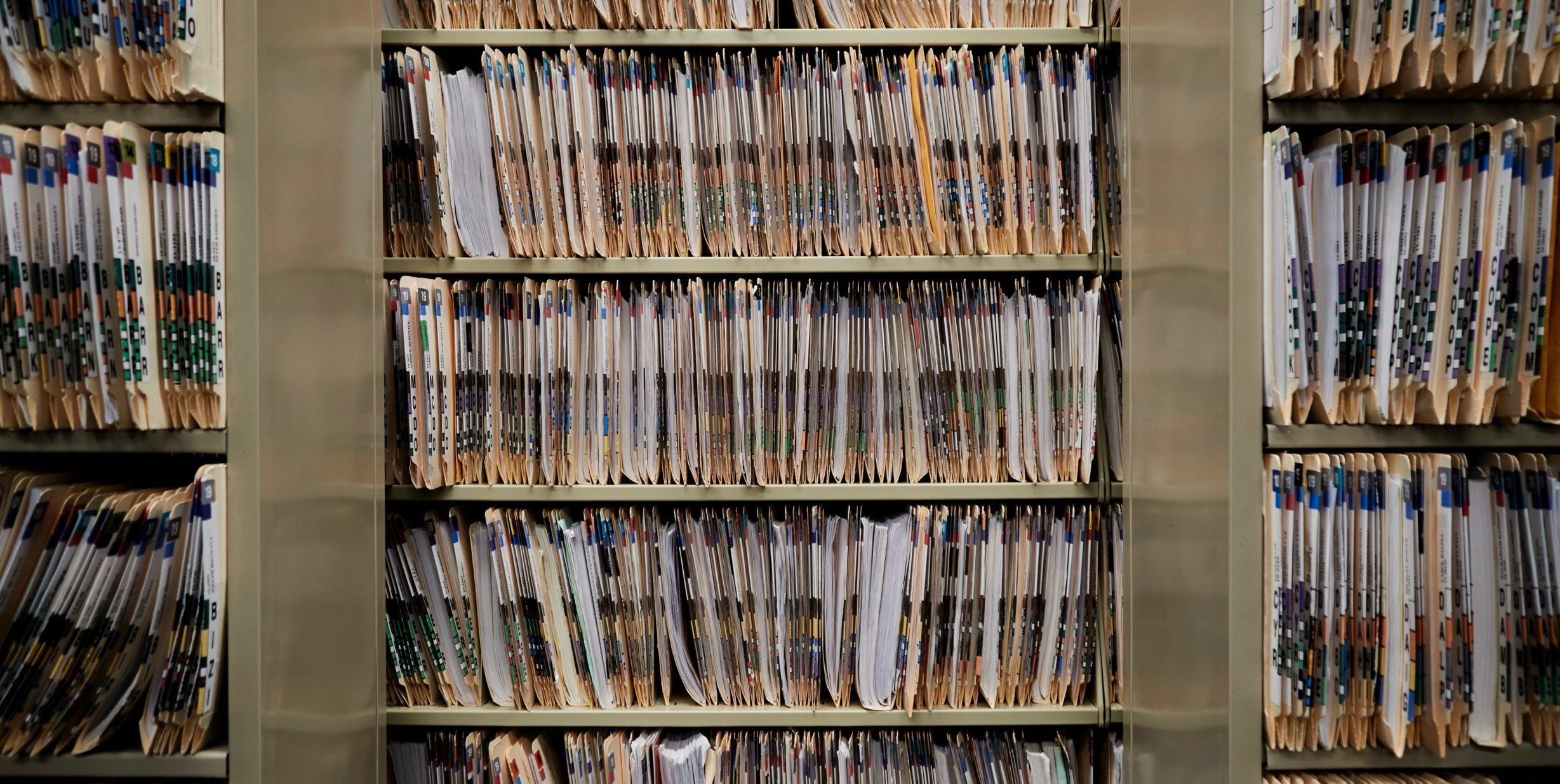
Due Process
With a low crime rate and relatively few violent crimes, Maine could become a place for innovation when it comes to the treatment of those with mental illness, substance use disorder or trauma that sometimes leads to crime. But can defendants and victims rely on it to give them due process?
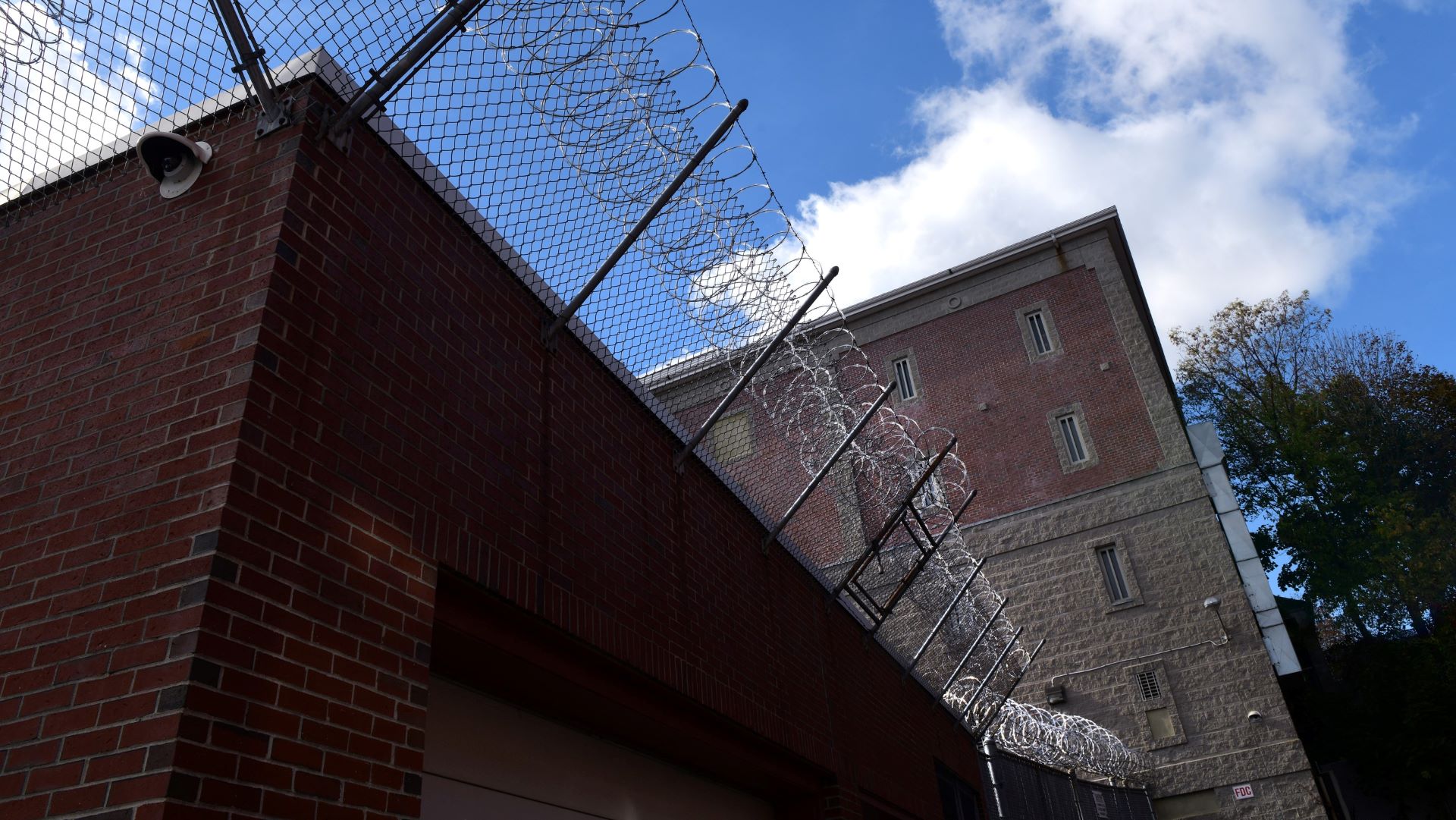
Eavesdropping in Maine Jails
Jailed defendants have a constitutional right to privately speak with their attorneys. Yet, county jails eavesdropped on these calls. Four jails recorded nearly 1,000 attorney-client calls in a single year and shared recordings with police and prosecutors before trial.

False Hope
Crime victims are nearly alone in navigating a confusing and understaffed restitution system. District attorneys across Maine are as frustrated as crime victims with the fundamental reality of the restitution system in Maine: it’s broken.

Follow The Money
We periodically examine and track political and governmental spending — from how much money a candidate is receiving (and where that money comes from) to how taxpayer dollars are being used (or misused) by government officials.
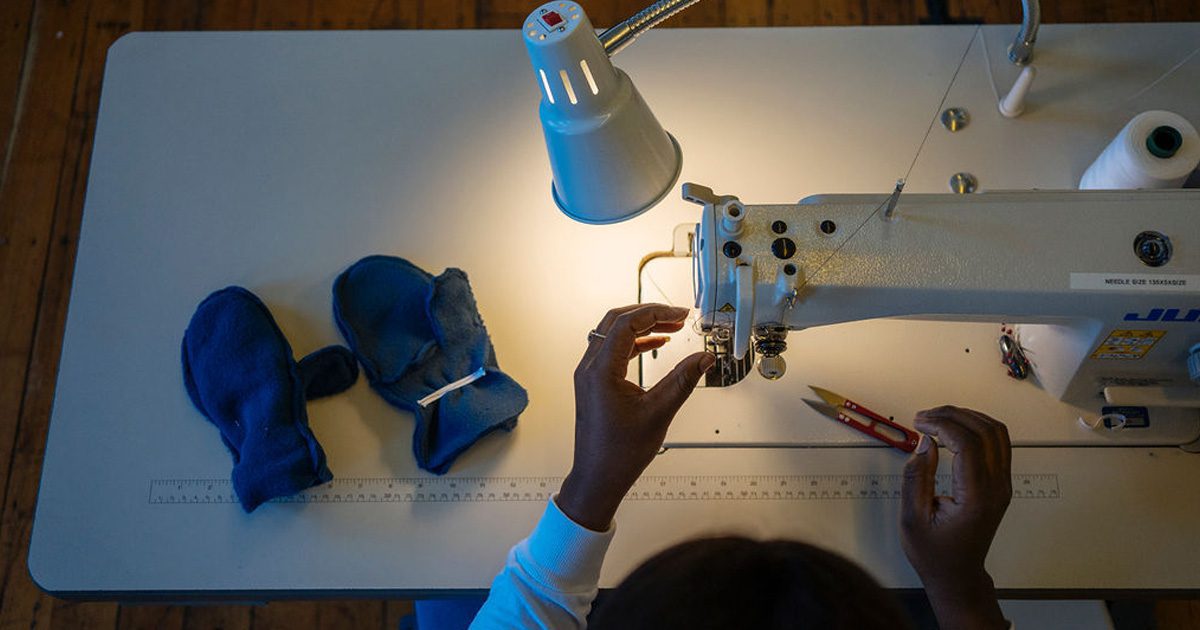
Help Wanted: The Immigrant Opportunity
This series moved past the heated rhetoric focusing on people in the US illegally and examined how immigrants who are cleared to work could help fill Maine’s employment gap.
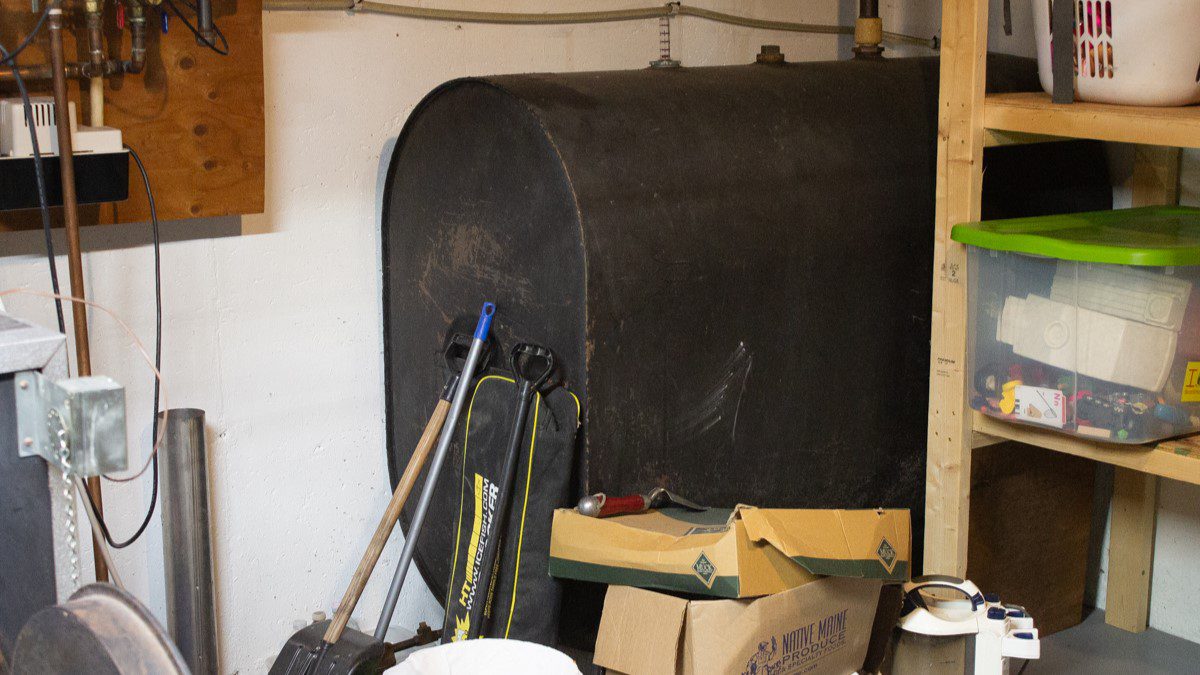
Hooked on Heating Oil
Maine relies on home heating oil more than any other state. Ending that costly dependence could improve lives and fight climate change, but it won’t be easy.
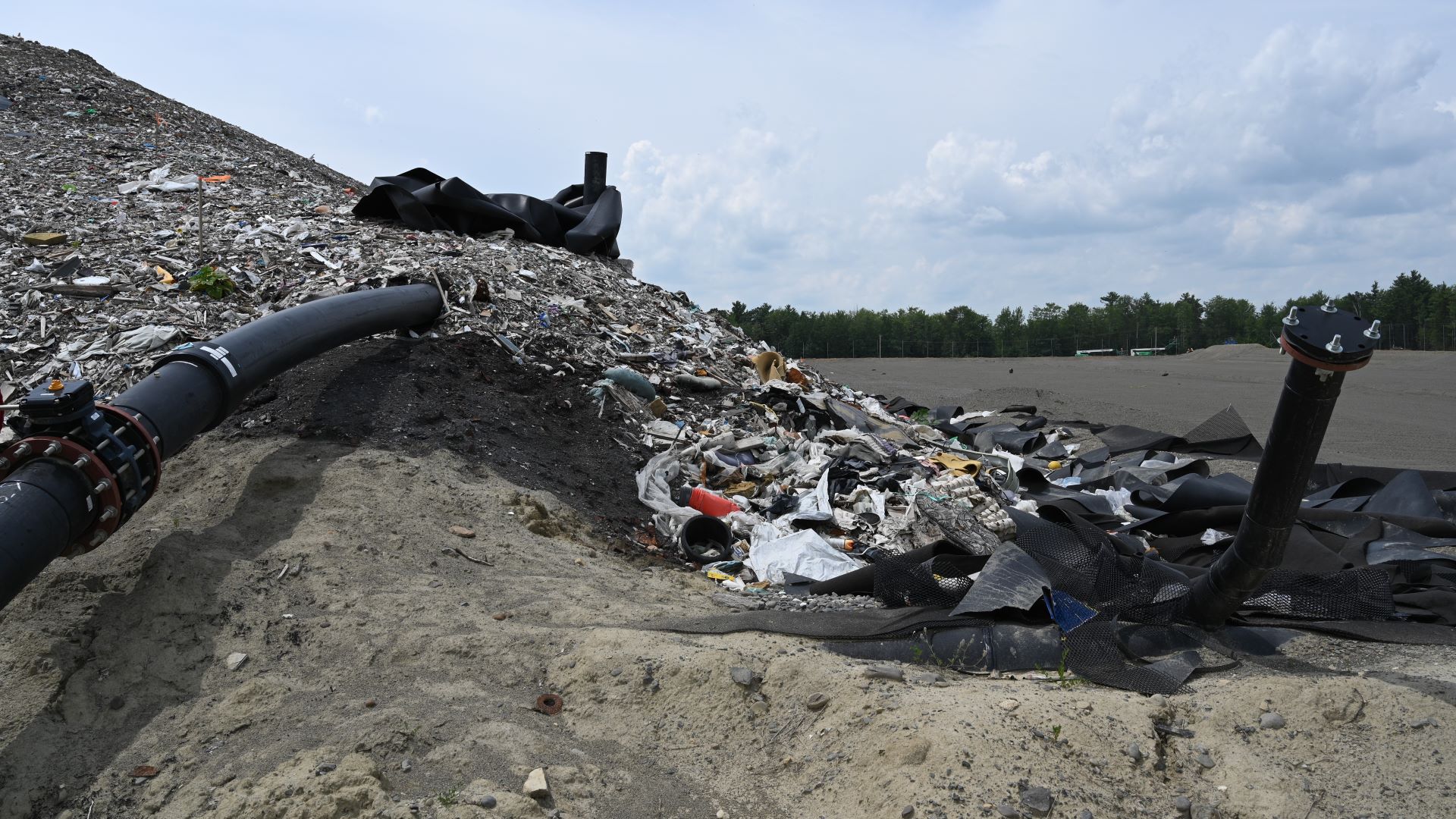
Invisible and Indestructible
Maine faces widespread contamination due to PFAS in ubiquitous use and now polluting wells, public water supplies, farmland and food chains. The so-called “forever chemicals” have far-reaching repercussions.

The Journey to Be Me
The voices of transgender people are not often heard. They are grandmothers, ex-Marines, grade school children and leaders. As a record number of states pass anti-transgender laws across the country, we chronicled the stories of Maine’s transgender people and their struggle to be accepted and understood.
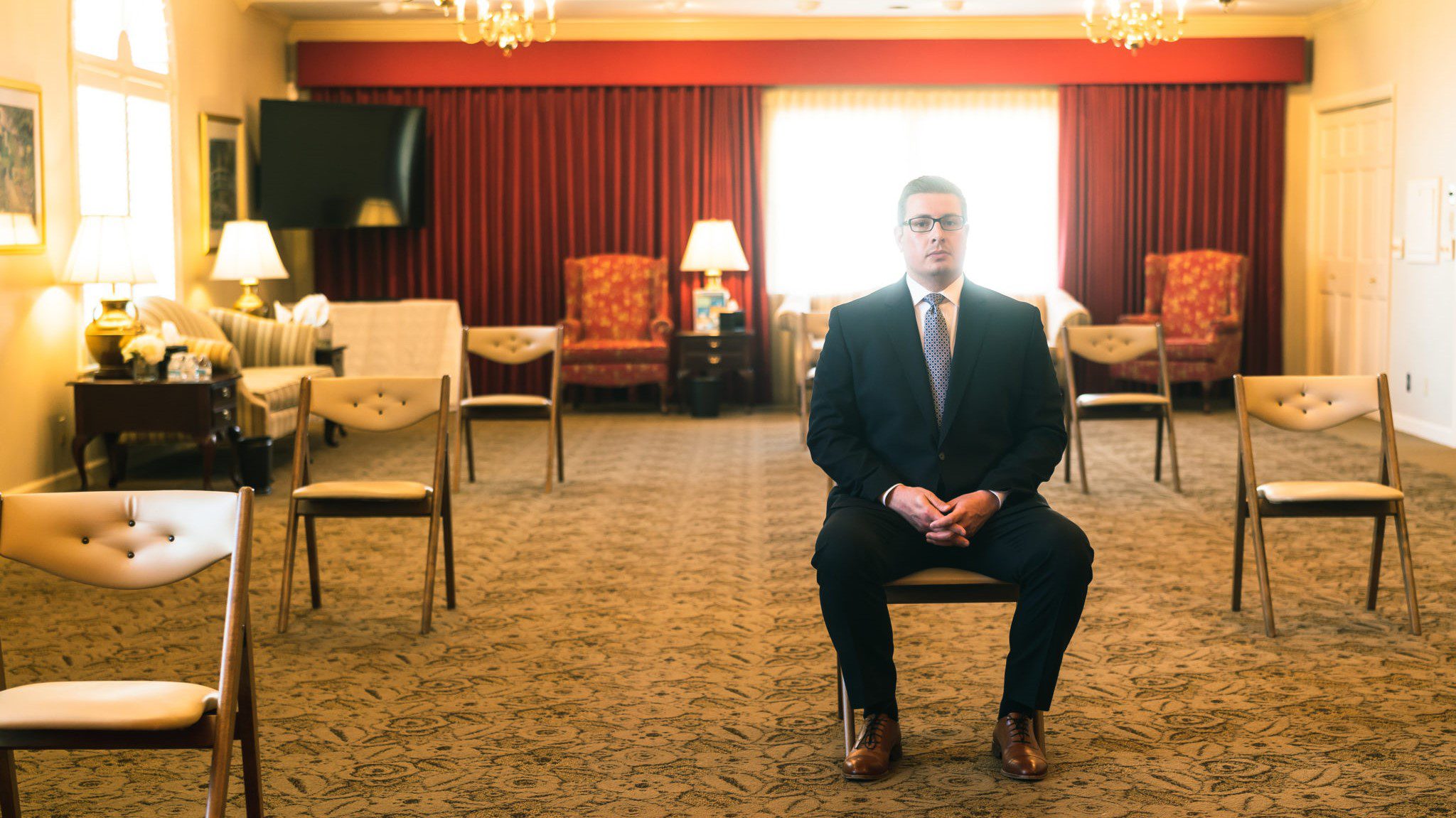
The Last Responders
COVID-19 triggered a grief epidemic. It robbed families of final goodbyes, left loved ones to die with strangers, and postponed wakes and funerals. It overwhelmed Maine’s “Last Responders” — priests, chaplains, funeral directors and hospice workers — who must work around restrictions aimed at diminishing virus infections. These are stories of The Last Responders.
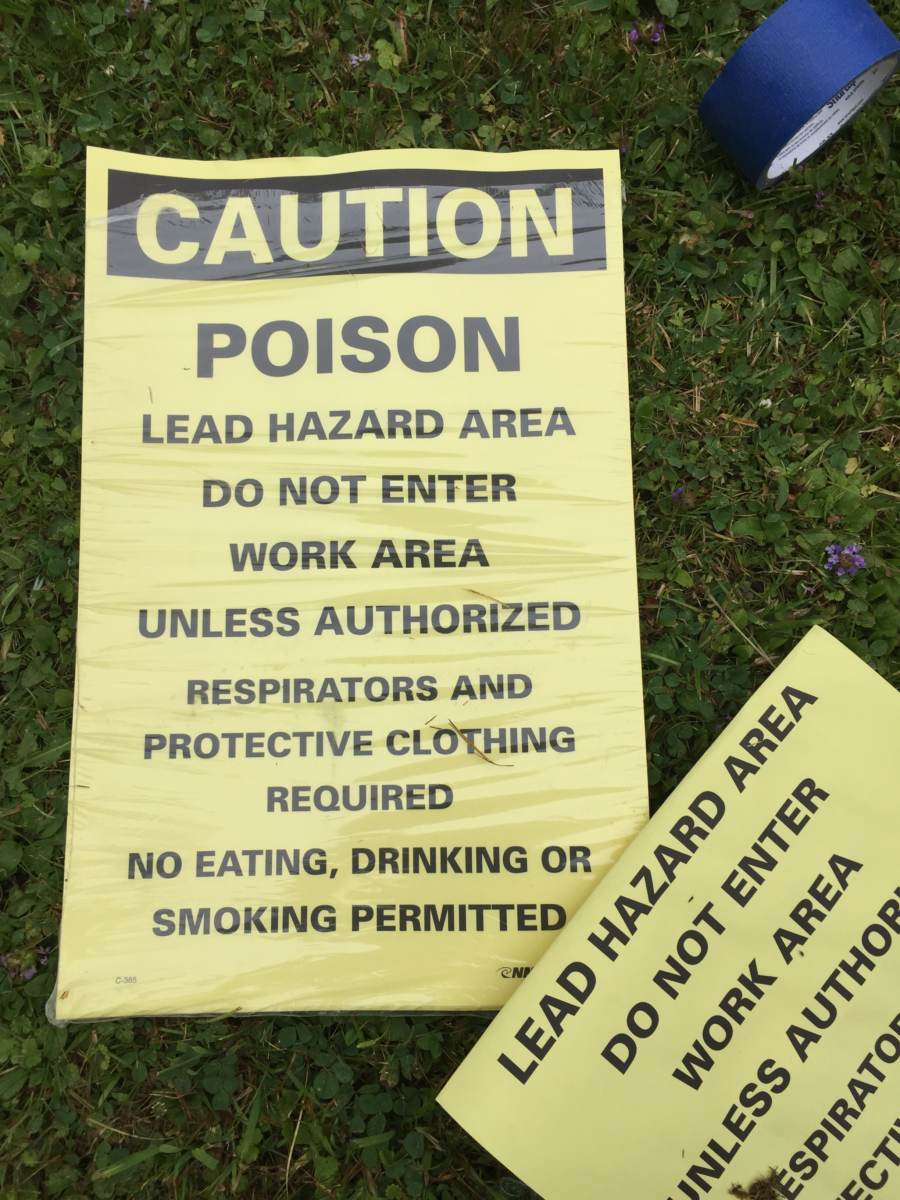
Lead Paint Danger
Childhood lead poisoning may be less talked about these days, but an investigation found it remains the top toxic health hazard for children. The problem is acute and persistent in parts of Maine, especially among poor and immigrant families.

The Lottery: Selling Hope to the Hopeless
Mainers falling on hard times rely on the lottery to rescue them. A first-ever statistical analysis showed lottery ticket sales rise when people lose their jobs. The state government spent millions to sway Mainers to buy more tickets.
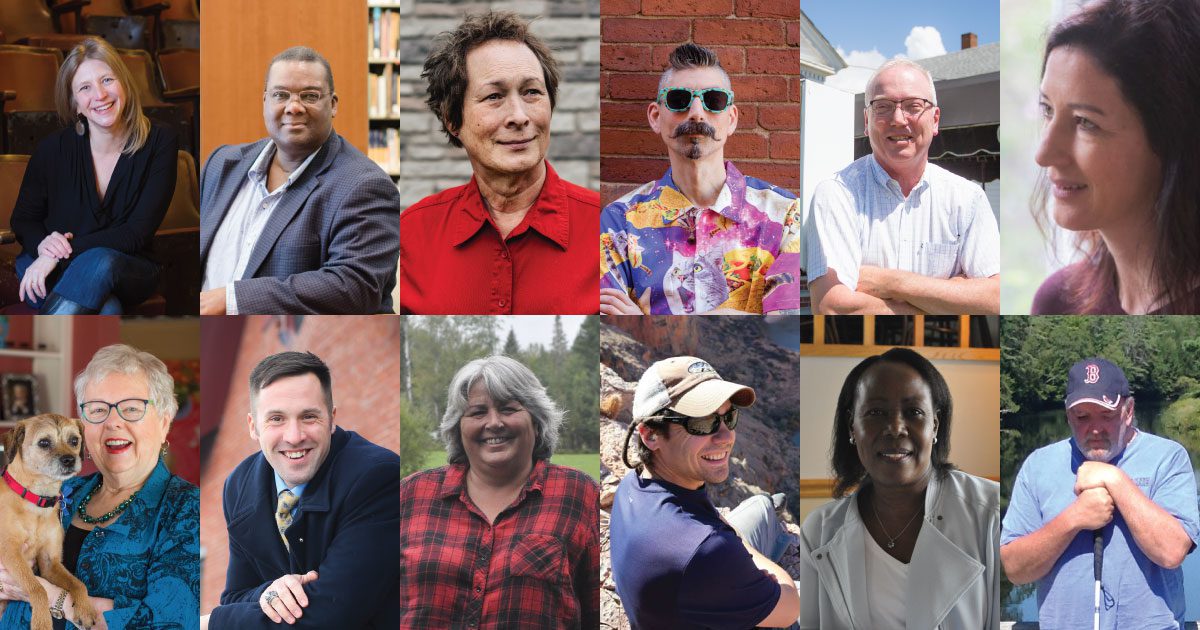
Maine Trust Project
In our mistrust-filled world full of political contention, mustering the courage to have authentic conversations with people can be a challenge. Finding common ground and engaging in civil discourse can seem elusive, if not sadly impossible. We sat down with Mainers to discuss this precious commodity.
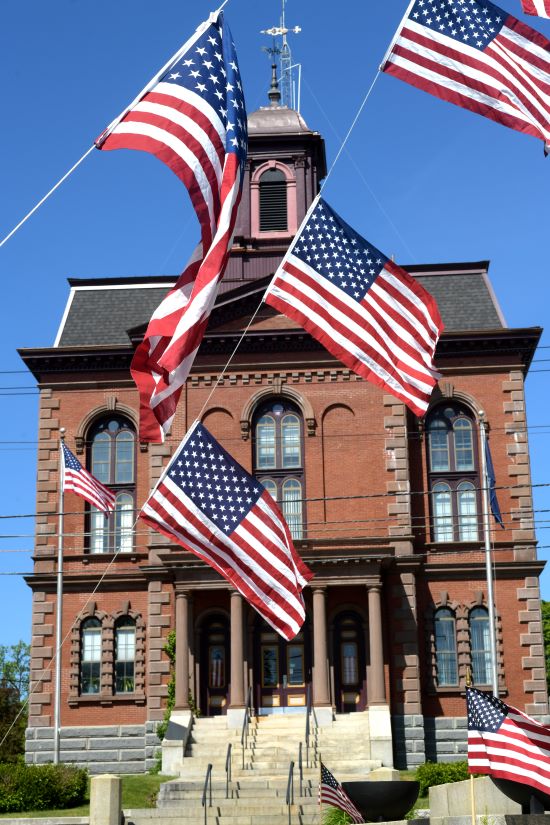
Maine’s Part-Time Court
Maine’s probate courts stand alone. Their judges are part-time and elected, and they operate independently from each other and the state supreme court. A lack of oversight by the probate courts may leave Maine’s most vulnerable residents at risk.
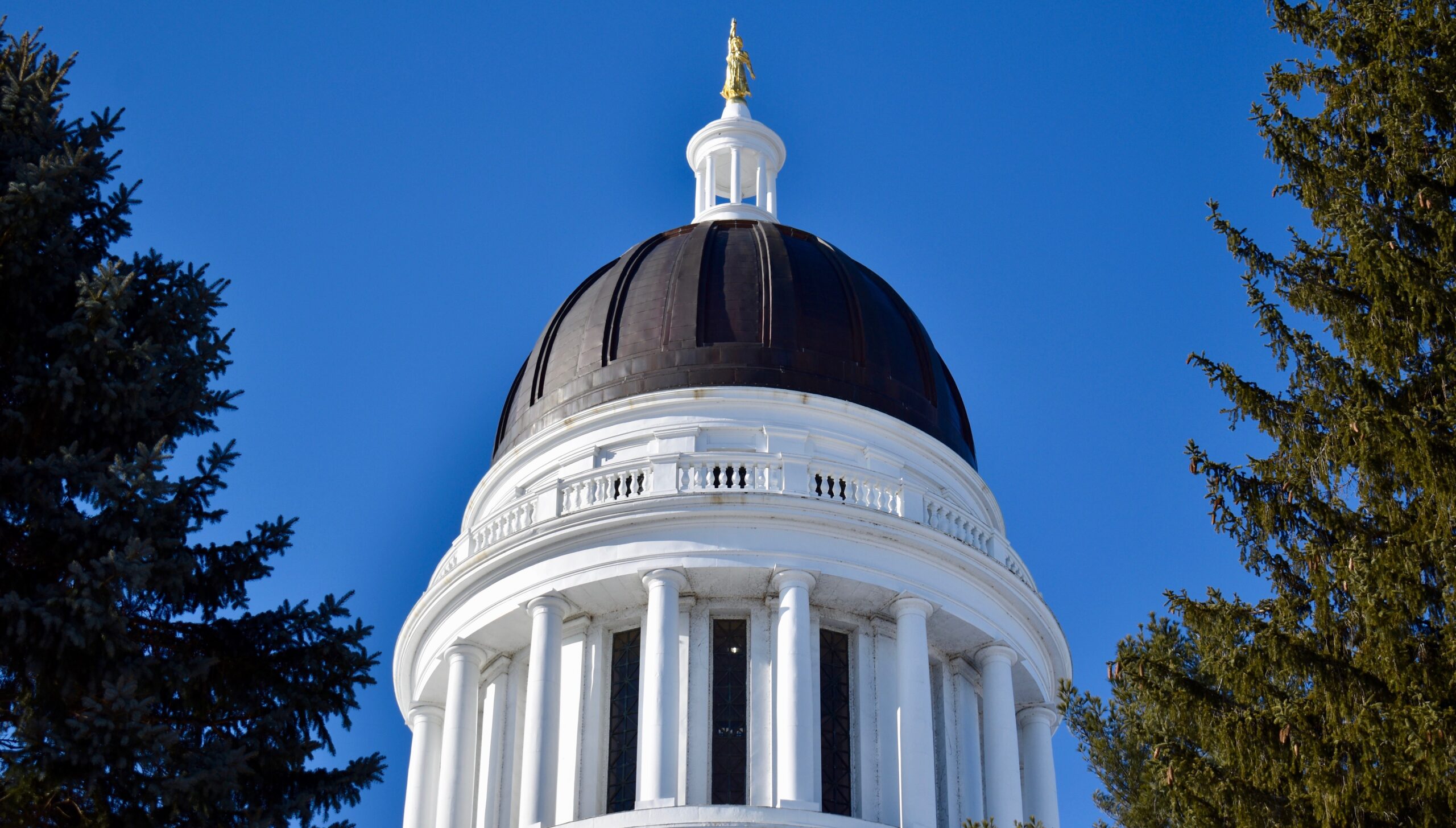
Making Connections
Our newsroom maintained a database, Making Connections: A Guide to Maine Legislators’ Private and Public Interests, in 2016 and 2017 for citizens who wanted to understand how the state legislature works, and to help identify the private financial interests of lawmakers and their families.

The News Makers
Journalism created with care, integrity and transparency is a cornerstone of a healthy, vibrant democracy. When citizens understand how their news is produced and who is producing it, they’re more likely to trust what’s reported, make informed decisions and engage in a healthy dialogue on issues that matter. So, we examined Maine’s newspaper landscape.
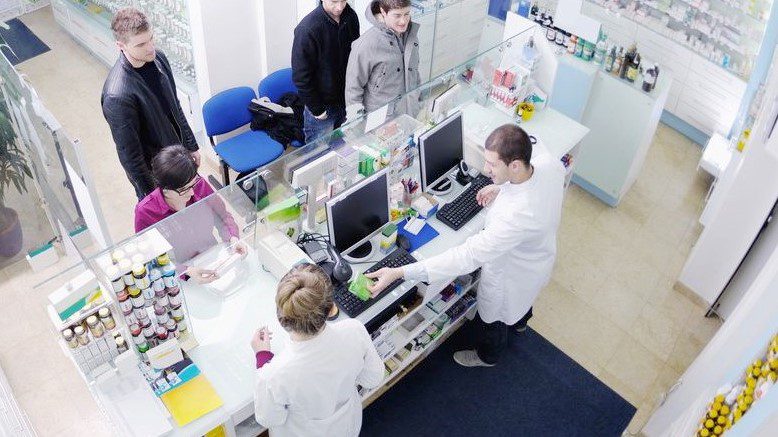
Rx for Theft
Most of the people who fill prescriptions are honest and do their job well. But some of those people in white smocks are thieves, drug addicts or both. In 13 cases over a decade, the public’s health was jeopardized by people with a history of substance abuse and theft allowed to hold a license to dispense drugs at pharmacies.
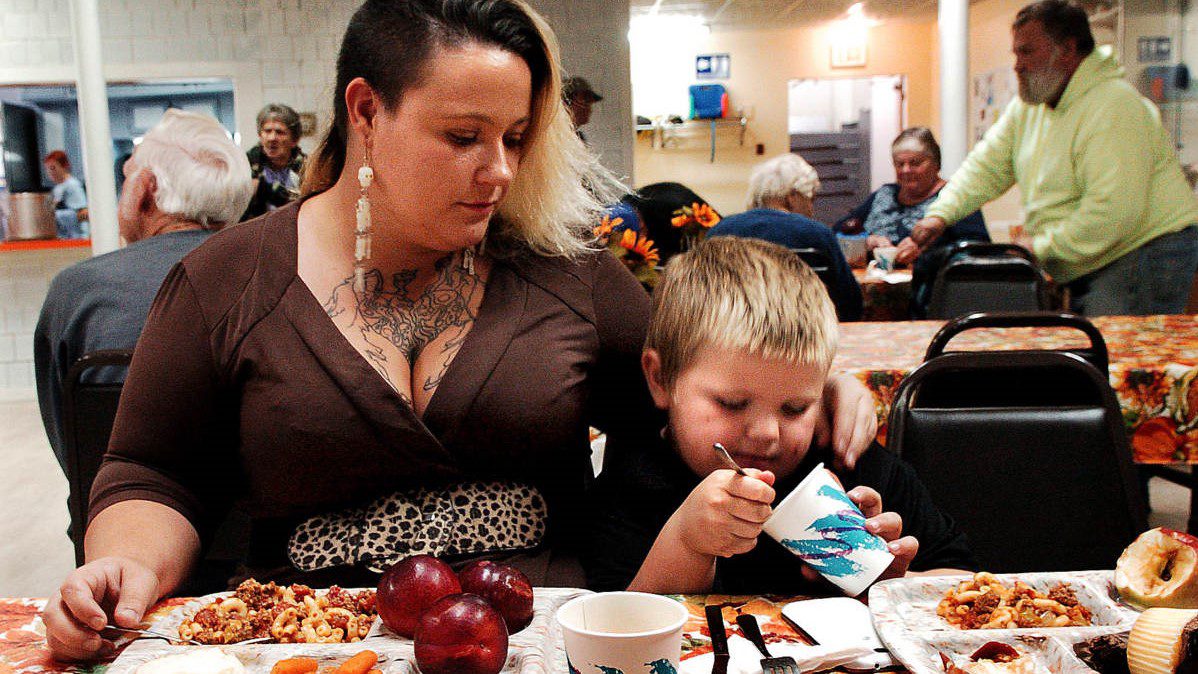
Single Parents in Poverty
Nearly half of all births in Maine are to unmarried mothers. Is there a solution to the single-parent crisis? Not an easy one, say the experts and the people who try to help single parents and their children. Through this series, we show how they are trying.
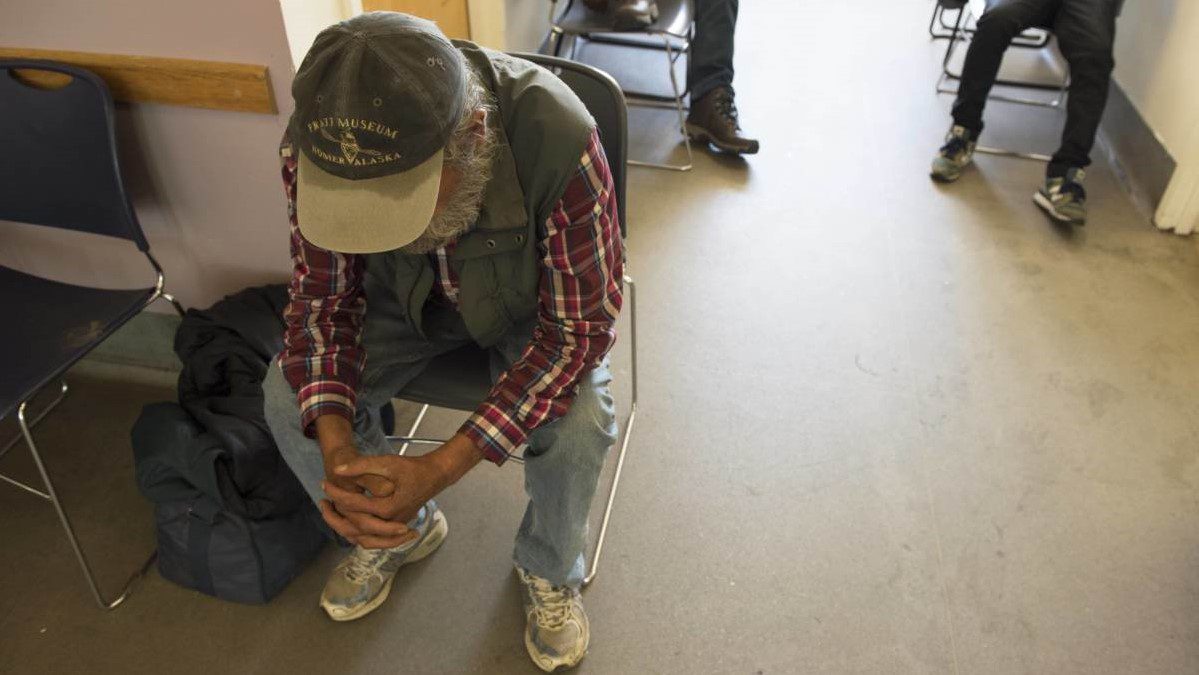
Troubled Minds
Our investigation found scores of problems with how Maine treats its mentally ill residents. After 27 years, Maine still fails to comply with a court-ordered decree to improve treatment of the state’s mentally ill thanks to inadequate funding and potential conflicts of interest.

Unsafe Homes: Children in Peril
Two Maine babies and two toddlers died during in a three month span due to suspected abuse by their parents, setting a state record. This series looks at the community impact and efforts to curb repeated instances.
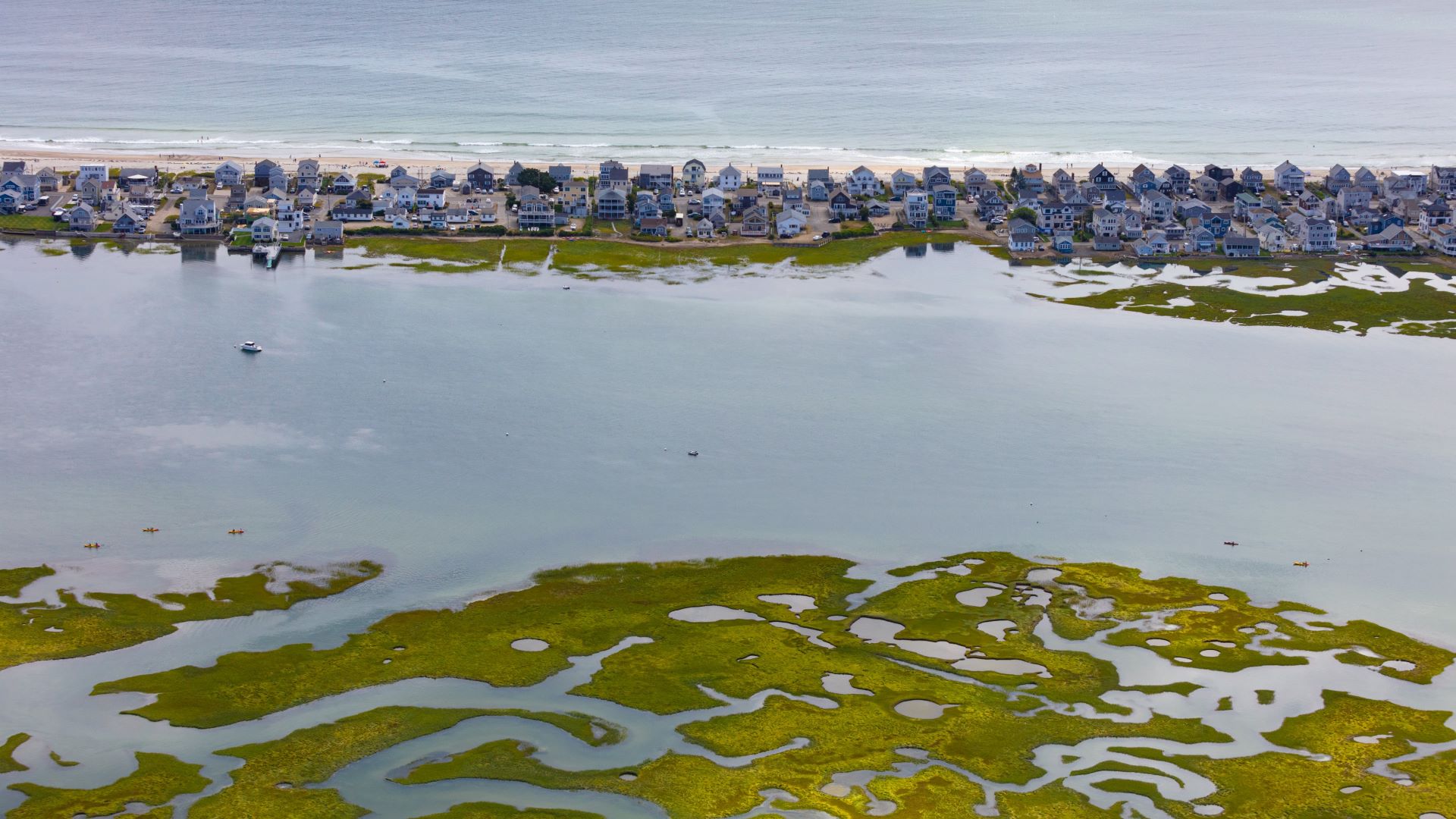
The Unstoppable Ocean
Along Maine’s stunning coastline, vulnerable communities wrestle with the inevitable rise of the sea caused by the warming ocean. We explored how 10 communities are preparing and adapting.
